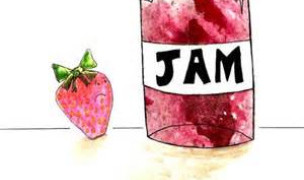 1 Terms
1 TermsHome > Industry/Domain > Biology; Medical > Human genome
Human genome
The human genome consists of 23 chromosome and the small mitochondrial DNA. 22 of the 23 chromosomes are autosomal chromosome pairs and the last one being a gender-determining pair. In total, the human genome contains the sequences of the 3 billion chemical base pairs that make up human DNA and approximately 20,000-25,000 genes. By understanding human genome, scientists are able to develop new medical applications that can significantly advance the state of health care.
Contributors in Human genome
Human genome
calcium
Medical; Human genome
1) A basic element found in nearly all organized tissues. It is a member of the alkaline earth family of metals with the atomic symbol Ca, atomic number 20, and atomic weight 40. Calcium is the ...
bile duct
Medical; Human genome
1) A duct by which bile passes from the liver or gallbladder to the duodenum. 2) A tube through which bile passes in and out of the liver.
Ashkenazi Jewish
Medical; Human genome
The Eastern European Jewish population primarily from Germany, Poland, and Russia, as opposed to the Sephardic Jewish population primarily from Spain, parts of France, Italy, and North Africa.
atrium
Medical; Human genome
1) Upper right or left chambers of the heart. 2) The paired upper chambers of the heart. The left atrium receives oxygenated blood from the pulmonary vein and pumps blood into the left ventricle. ...
calculus
Medical; Human genome
1) An abnormal concretion occurring mostly in the urinary and biliary tracts, usually composed of mineral salts. Also called stones. 2) A concretion usually of mineral salts around organic ...

